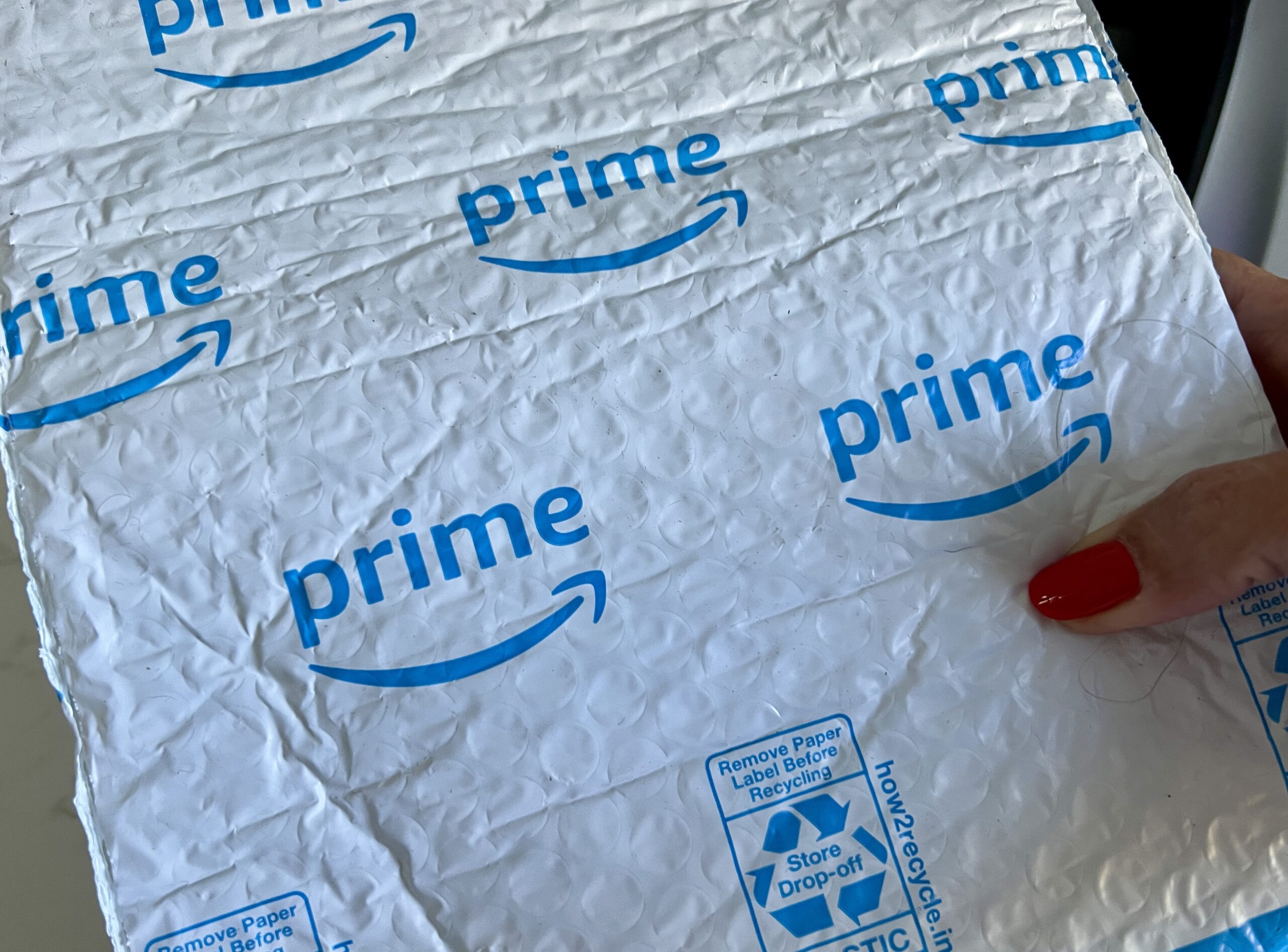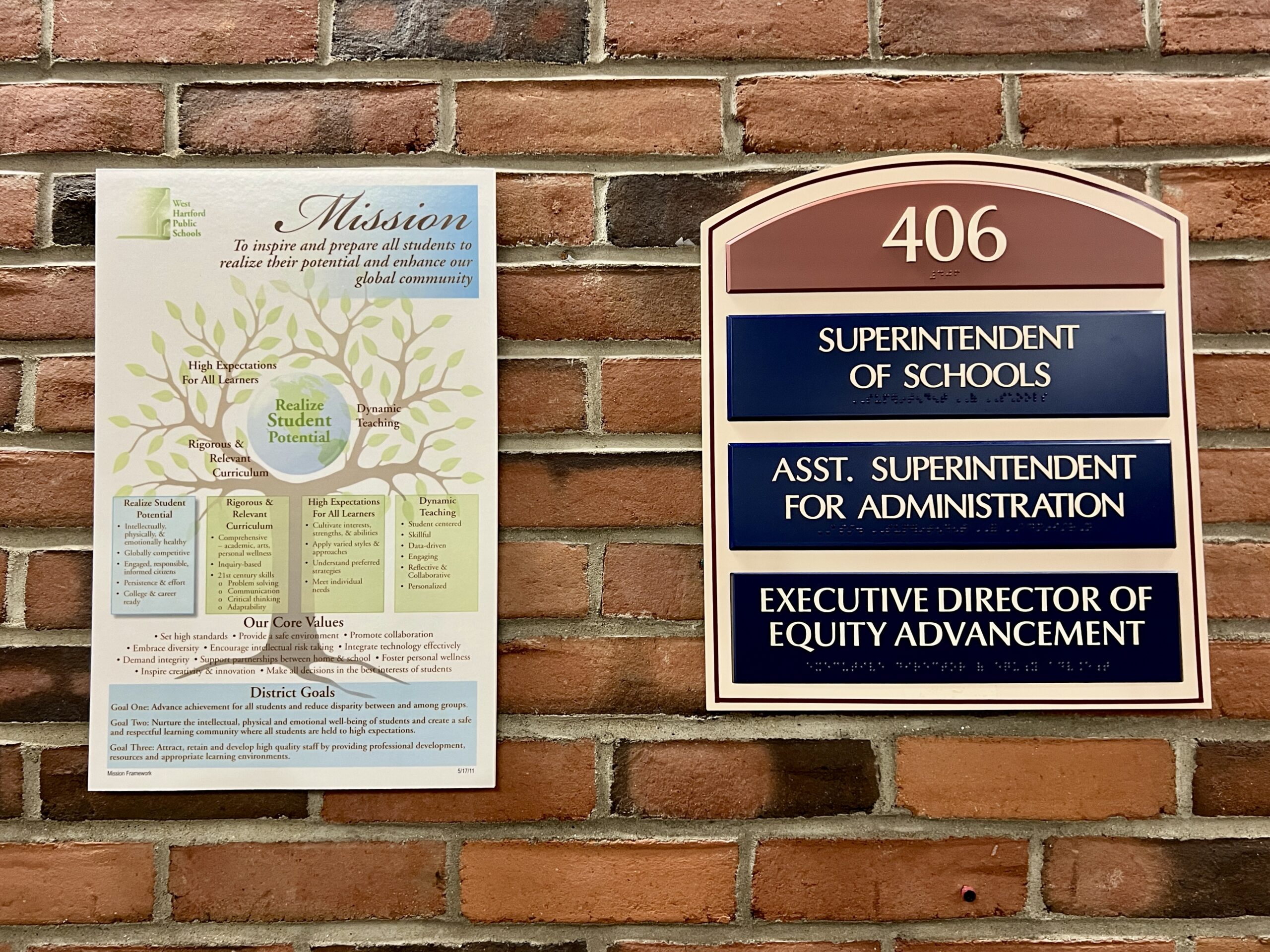Consumer Diary: Amazon Must Refund, Celebrity Endorsers Curbed

Audio By Carbonatix

Amazon now has greater responsibility for products sold by third-party retailers. Photo credit: Ronni Newton
Consumer columnist and West Hartford resident Harlan Levy has more than 20 years of experience writing stories about everyday experiences that anyone could encounter.

Harlan Levy. Courtesy photo
By Harlan Levy
Have you ever ordered something from Amazon sold by a third-party retailer that was defective? Your recourse is to contact the seller and hope for a response – a replacement, or a refund. But we found that doesn’t always work when the seller is in China, as I’ve described in previous columns.
Now there’s some relief for consumers – to Amazon’s detriment.
On July 30, the U.S. Consumer Product Safety Commission issued a decision that Amazon was legally responsible for recalling and issuing refunds for products sold by third-party sellers that are defective or fail to meet federal consumer product safety standards.
More than 400,000 products sold by third-parties are subject to this order, including faulty carbon monoxide detectors, hairdryers without electrocution protection, and children’s sleepwear that violated federal flammability standards.
The Commission determined that these products sold using the “Fulfilled by Amazon” program, pose a “substantial product hazard” under the Consumer Product Safety Act.
“Further, Amazon failed to notify the public about these hazardous products,” the CPSC said, “and did not take adequate steps to encourage its customers to return or destroy them, thereby leaving consumers at substantial risk of injury.”
Amazon argued that it was not a distributor and therefore bore no responsibility.
The CPSC said, in essence, “No, dude. You’re a distributor.”
Amazon also claimed that sending messages to initial purchasers about “potential” safety issues and providing initial purchasers with Amazon.com credits – rather than refunds incentivizing product return or destruction – were sufficient to remedy the product hazards. The Commission disagreed, ruling that Amazon must notify purchasers and the public about product hazards and provide refunds or replacements for these products.
So, if you don’t get the refund or replacement, you will have the legal right to go after Amazon. And I think that you will have a legal basis to sue Amazon if you suffer harm from a hazardous product that Amazon is responsible for.
Nice to know you have some recourse for buying defective third-party products.
Fake celebrity endorsers
If you watch much TV you probably have seen ads for various products featuring celebrity endorsers – like actor Ice-T and sports commentator Chris Berman for Car Shield, Tom Selleck for reverse mortgages, Ted Danson for Consumer Cellular, Regina Hall for Jameson Irish Whiskey, Shaquille O’Neal for Papa John’s, Zendaya for CoverGirl makeup, Beyoncé for Pepsi. The list goes on and on.
But do any of these celebrities ever buy and use the products they’re hawking? Who knows? I’d like to know – if I actually intend to buy an endorsed item.
The Federal Trade Commission also wants to know, and in late August announced a rule prohibiting fake reviews and testimonials and – for the first time – allowing civil penalties against violators. The reviews and testimonials in question misrepresent that they are by someone who does not exist, such as AI-generated fake reviews, or who did not have actual experience with the business or its products or services, or that misrepresent the experience of the person giving it, the FTC specified.
A dirty, illegal process
It’s both fascinating and discouraging to reveal the various ways underhanded product makers produced their fake endorsements, now prohibited:
- Buying Positive or Negative Reviews: The final rule prohibits providing compensation or other incentives conditioned on the writing of consumer reviews expressing a particular sentiment, either positive or negative.
- Insider Reviews and Consumer Testimonials: The final rule prohibits reviews and testimonials written by company insiders that fail to clearly and conspicuously disclose their connection to the business.
- Company-Controlled Review Websites: The final rule prohibits a business from misrepresenting that a website or entity it controls provides independent reviews or opinions about a category of products or services that includes its own products or services.
- Review Suppression: The final rule prohibits a business from using unfounded or groundless legal threats, physical threats, intimidation, or certain false public accusations to prevent or remove a negative consumer review. The final rule also bars a business from misrepresenting that the reviews on a review portion of its website represent all or most of the reviews submitted when reviews have been suppressed based upon their ratings or negative sentiment.
“Fake reviews not only waste people’s time and money, but also pollute the marketplace and divert business away from honest competitors,” said FTC Chair Lina M. Khan. “By strengthening the FTC’s toolkit to fight deceptive advertising, the final rule will protect Americans from getting cheated, put businesses that unlawfully game the system on notice, and promote markets that are fair, honest, and competitive.”
Hear hear, Lina Kahn.
NOTE: If you have a consumer problem, contact me at [email protected] (“Consumer” in subject line), and, with the power of the press, maybe I can help.
Like what you see here? Click here to subscribe to We-Ha’s newsletter so you’ll always be in the know about what’s happening in West Hartford! Click the blue button below to become a supporter of We-Ha.com and our efforts to continue producing quality journalism.




Hi, Harlan,
Thanks for this article! I have a problem with a defective item, not discovered until past the return window. I have not been able to get a response from the third party seller and cannot figure out how to get Amazon to respond. The website just sends you around in circles and does not give you the option to connect with an agent. Do you have a link or other contact method to get Amazon to back up this third party product?